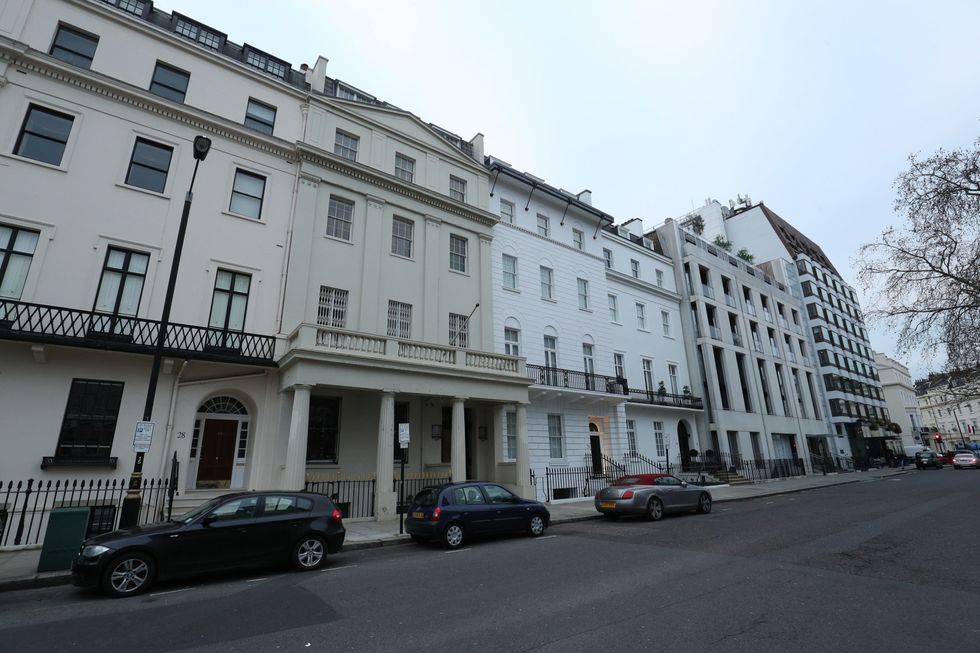Inheritance tax: Britons in one city are paying DOUBLE in death duties than rest of UK

The average estate value in London was over £1.4million
Jonathan Brady

Britons in one city are having to pay double in death duties in comparison to other people in the UK.
A Freedom of Information request from Just Group, the retirement specialist, found that between 2019 and 2020, property added up to 50 per cent of the wealth in London estates paying inheritance tax - nearly double the rest of the UK.
The average property value in London was over £820,000.
Meanwhile, the average estate value over all in London was over £1.4million, close to being £200,000 more than those in the South East - the area of the country which pays the second largest amount in inheritance tax.
Elsewhere, in the East of England housing wealth is responsible for 36 per cent of the inheritance tax paid, with estates in the region worth an average of £524,000.
This drops even lower to 31 per cent in the West Midlands at £398,000.
Speaking to City.A.M, group communications director at the retirement specialist Just Group, Stephen Lowe explained that the data was taken between 2019 and 2020 - during the pandemic when house prices grew massively.
He said: “This is likely to have tipped many more estates over the IHT threshold, perhaps without the homeowners even realising. It is another reminder of why it is so important that people regularly assess the value of their estate, including an up-to-date valuation of their property.”
Meanwhile tax and financial planning expert at Quilter, Rachael Griffin said: “Inheritance Tax is fast becoming a profitable area for the government, largely due to the rapid rise in house prices seen in recent years causing more people to tip over the threshold
Jeremy Hunt froze the income tax personal allowance, higher rate threshold, main national insurance thresholds and the inheritance tax thresholds until April 2028
Stefan Rousseau
“But such reform would likely only make things fairer for the exchequer and not for bereaved families. Making pensions subject to IHT would be counter-intuitive to encouraging people to save for their retirement, and with the lack of certainty on the direction of social care it is crucial that people continue to put their own financial plans in place."
Last year, Jeremy Hunt froze the income tax personal allowance, higher rate threshold, main national insurance thresholds and the inheritance tax thresholds until April 2028, something which will result in more people paying more tax as a result of “fiscal drag” as wages increase.
Griffin added: “Given IHT thresholds have already been frozen, more and more people will already be dragged into paying what is often regarded as one of the nation’s most hated taxes, let alone if pensions were to be brought into the mix. IHT has traditionally been viewed as a tax on wealthier individuals, but the number of people caught in the IHT net has been rising steadily for some time now and this number will only continue to rise as we move further into the freeze.”
Stephen Lowe explained that the data was taken between 2019 and 2020 - during the pandemic when house prices grew massively.
Joe Giddens